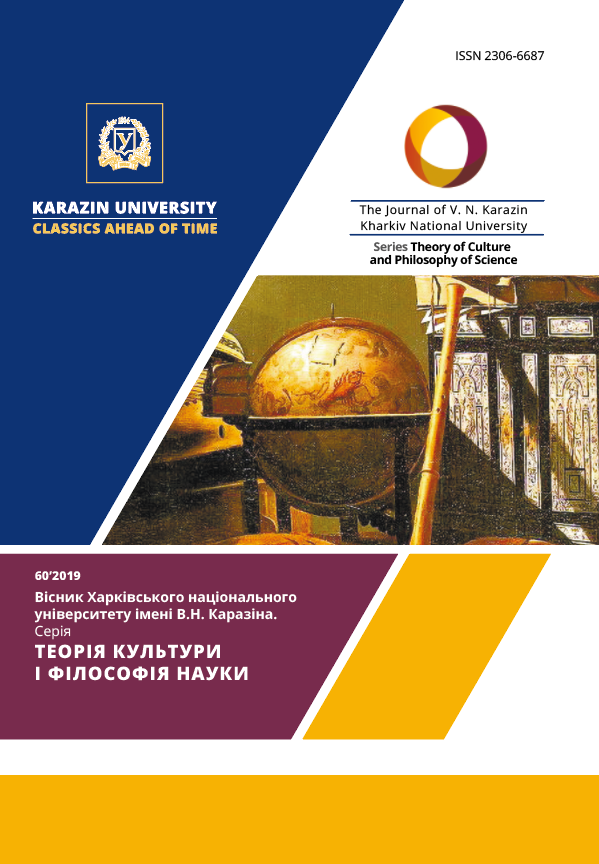The return of the reader
contemporary philosophy of literature as a philosophy of reading
Abstract
The modern philosophy of literature in terms of reading practices, changing the modern way of reading to new types of reading is analyzed, as well as the interpenetration in the present of different types of reading. It has been found that various researchers have been engaged in reading practices and, accordingly, philosophy of reading. A separate direction in the study of reading as a certain way of open dialogue was created by M. Rubakin. This area was called «bibliopsychology», thus reading is considered as a way of anthropological interaction of man and text. The most diverse ideas common to the subject of our research are contained in the writings of Umberto Eco.
Four models of modern reading have been identified and characterized. Reading in the first model becomes the best means of selecting and processing information, and the ultimate goal and motive of such reading is the awareness, literacy and ability of the social lift through reading. The second model involves following certain ready-made patterns, it generates and retransmits social myths. This model involves merging text with the reader through myth. In contrast to reading as an exchange of information in reading as a kind of fairy tale there are two components – trust in information and its recipe-effect character. Trust in this model produces a reflection effect. In such a model, the reader wants to find himself, and not others, his way when the essence of a living person is hidden behind the cover of any real book.
In the third reading model, the reader joins another’s story or constructs the story independently. The Middle Ages were built on a model of reading aloud, making a dramatic effect on reading. Modern times, through print, novel, newspaper, general employment and time-saving, lose this dramatic element and gradually lose their narrative. Literature and texts become a means of thinking, not an experience. The type of aesthetic reading highlighted by Umberto Eco is analyzed separately. The third type of reading is designed for reading as a means of self-improvement. The fourth type of modern reading involves dialogue with many interlocutors. Reading this type preserves a component of pleasure and empathy, through these two factors, and is actually read as a meeting with a text-friend. It proves that this type of reading involves the basic mechanisms of imagination, fantasy and memory. The fourth type of reading involves the development of both logical and emotional intelligence, the ability to engage the imagination in a constructive activity. Reading is an example of successful communication that touches the deepest levels of the human being.
Downloads
References
Гвардини Р. Конец Нового времени / Р. Гвардини // Вопросы философии. – 1990. – № 4. – С. 127–163.
Человек читающий. Homo legens. Писатели ХХ века о роли книги в жизни человека и общества / сост. С.И. Бэлза. – Москва : Прогресс, 1990. – 720 с.
Человек читающий : Homo legens–6. Сборник докладов и статей / под общ. ред. канд. пед. наук М.В. Белоколенко. – Москва : «Канон+» РООИ «Реабилитация», 2013. – 232 с.
Эко У. От древа к лабиринту. Исторические исследования знака и интерпретации / У. Эко ; пер. с ит. О.А. Поповой-Пле. – Москва : Академический проект, 2016. – 560 с.




